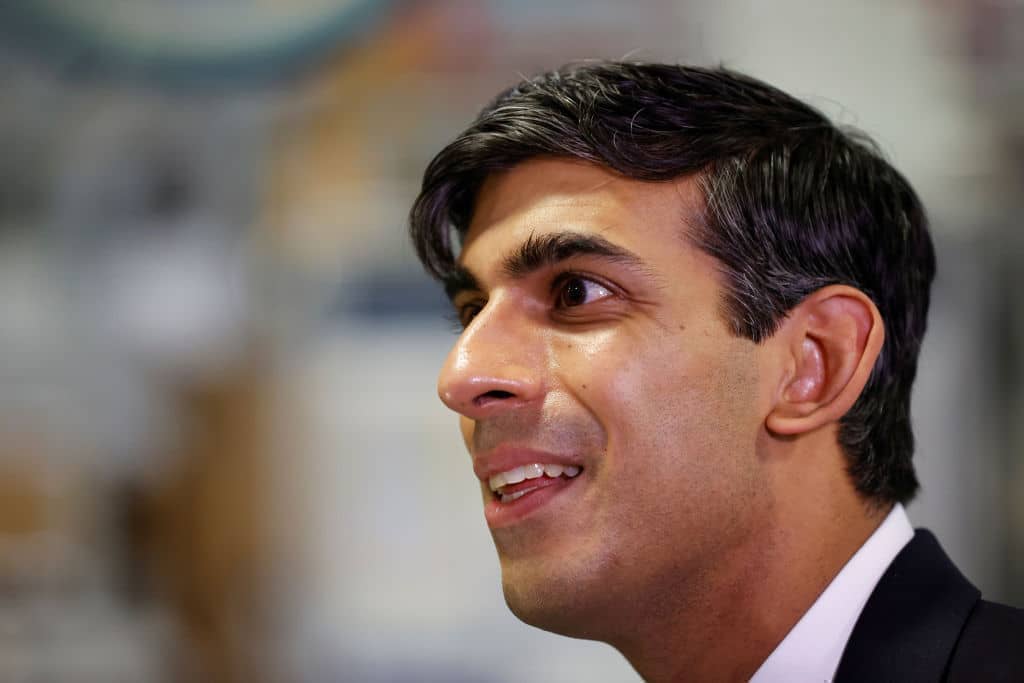What support might the Chancellor dish out to help with the cost of living squeeze in the Spring Statement this week? In line with his previous media appearances, Rishi Sunak’s statements ahead of his mini-Budget this morning on the BBC didn’t give much away, as the Chancellor ‘can’t speculate’ on what’s to come in his announcements this week. But the pressure is on to address the energy and basic goods prices which have been skyrocketing since we emerged from the height of the Covid emergency: the energy price cap lifts nearly £700 this spring, and is likely to rise again in the autumn.
Sunak reiterated that his job now is to help alleviate financial pressures, but not dissolve them completely
Sunak once again affirmed that he’s more likely to deal with current pressures (read fuel duty) than he is to try and pre-empt what’s to come, arguing that it’s ‘too early’ to try and craft a support package for this autumn when the energy price cap is likely to lift again. In an attempt to break with the early model of his chancellorship, where every problem was answered with a comprehensive spending package, Sunak reiterated that his job now is to help alleviate financial pressures, but not dissolve them completely. ‘It’s not going to be easy’, Sunak said of the upcoming year and the energy bills that come along with it. ‘I wish I could fully protect people from what’s to come’, he said somberly, but the implication is that no government policy, from here on out, will cover that full cost.
So what can we expect from the Spring Statement? Sunak acknowledged how much people are feeling the price increases at the petrol pump, referencing his own constituency as he did so. Shadow Chancellor Rachel Reeves told Sophie Raworth on Sunday Morning that Labour would support a significant cut to fuel duty – up to 5p – which would be an obvious way to signal in the Spring Statement that the government was acutely aware of the cost of living crisis. But a cut to fuel duty cannot be considered out of context with the rest of the public finances. Just a 1p cut to fuel duty will require the Chancellor to find billions of pounds to account for the revenue the tax would have otherwise brought in, eating into the fiscal headroom that Sunak has been trying to save for more significant tax cuts. Such a policy also struggles to line up with both the government and opposition’s commitment to net zero.
Still, Sunak is sticking with his narrative that – despite raising National Insurance to pay for NHS care short-term and social care funding long-term – tax cuts are around the corner. ‘Going forward my priority is to cut tax and put money back in people’s pockets’, he said on the BBC this morning. The question now is how much scope the Office for Budget Responsibility’s forecasts give him to make such a move. Times were tough even before the economic sanctions against Russia took hold: now inflation and the prospect of higher interest rates cutting into Sunak’s wriggle room by the day. He must prepare the support lower-income households might need, not just this winter, but for several winters to come. This doesn’t rule out the option to offer up something big in the Spring Statement: but it makes it much harder to craft.







Comments